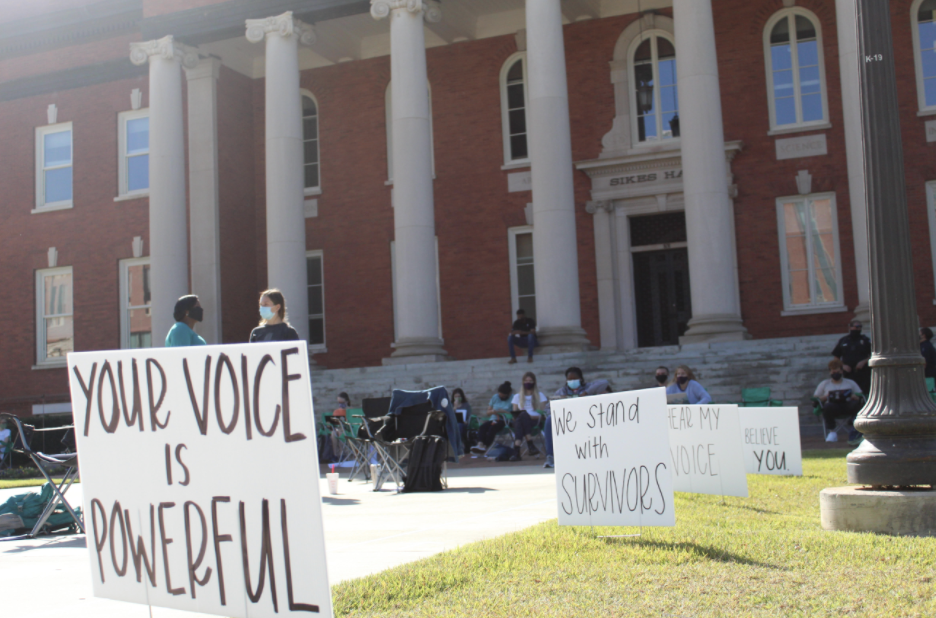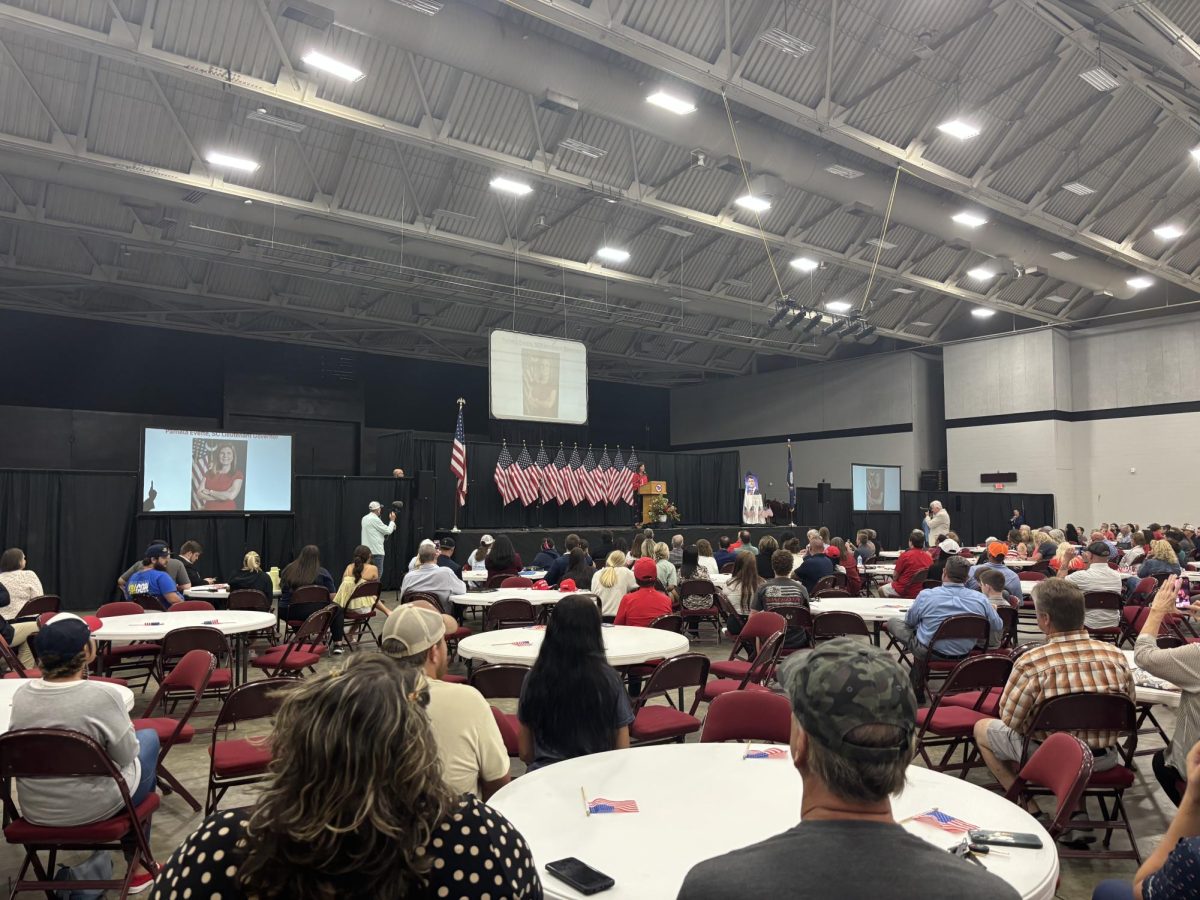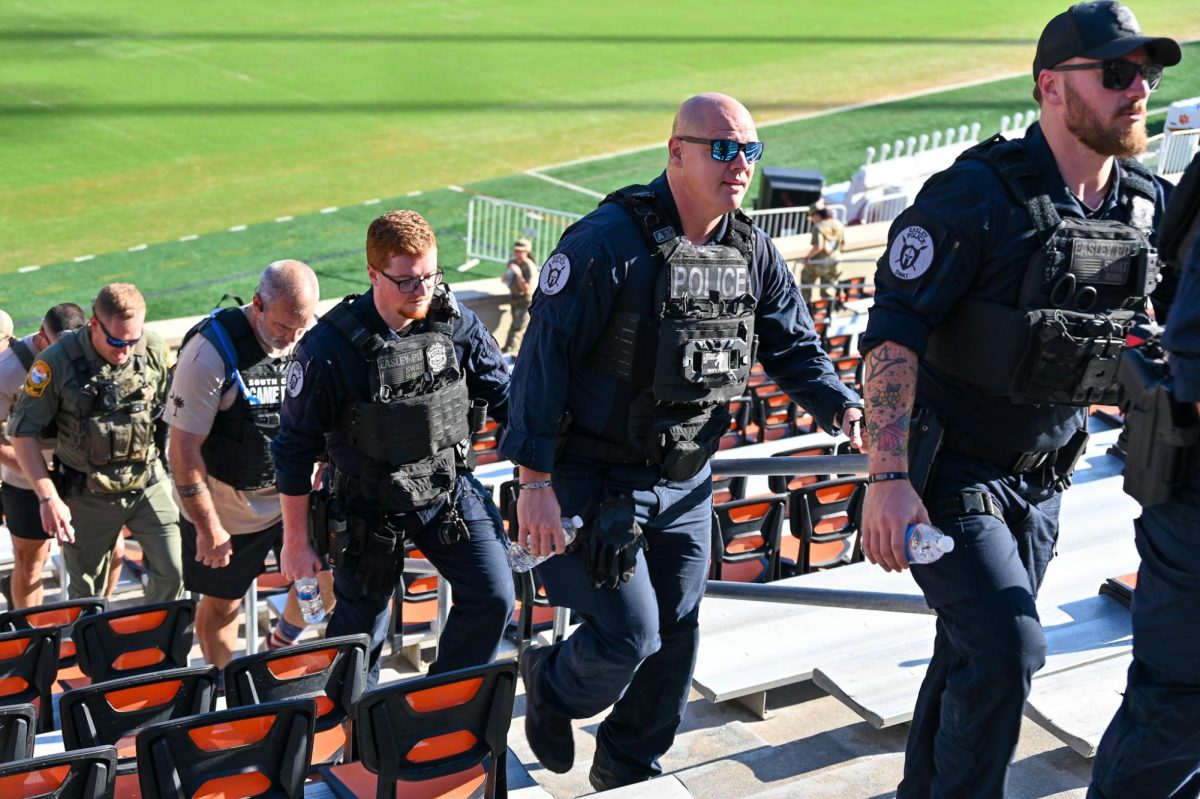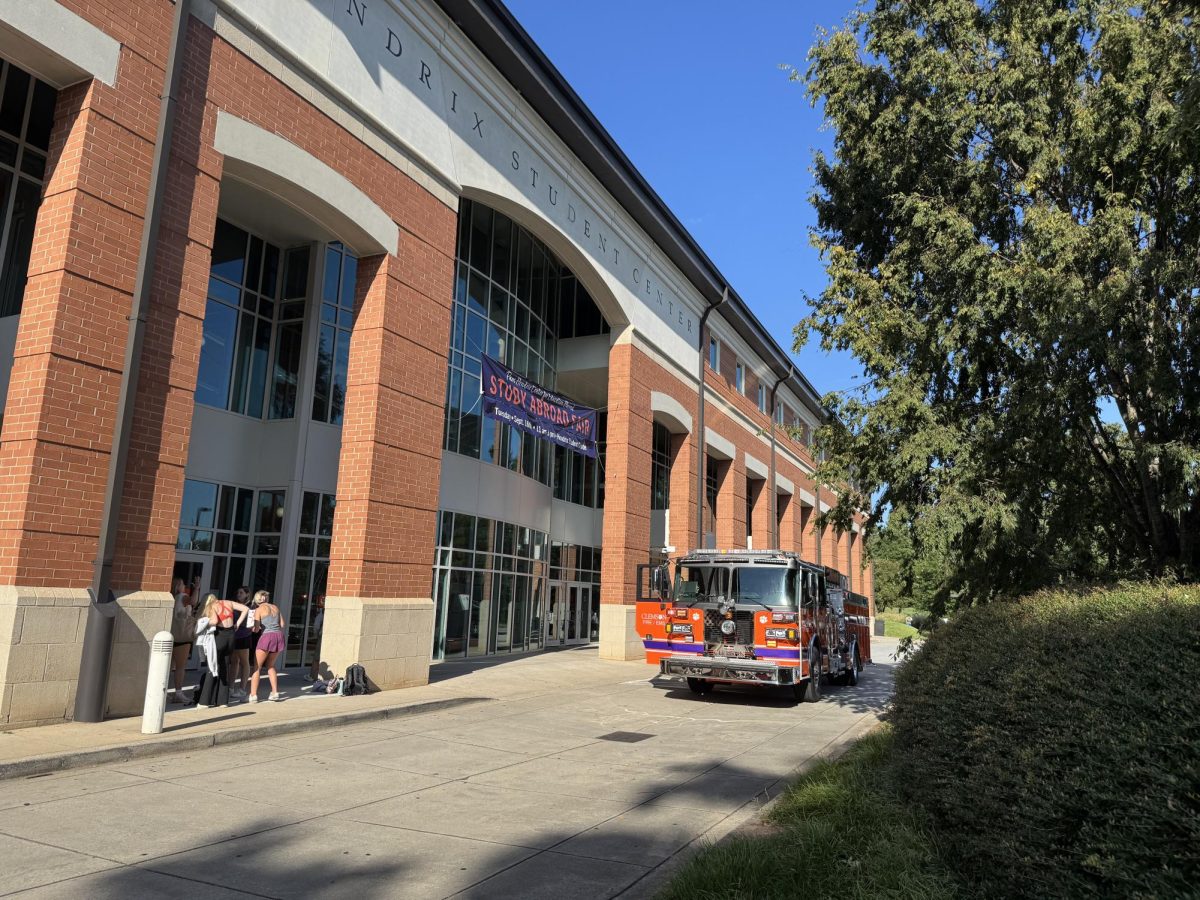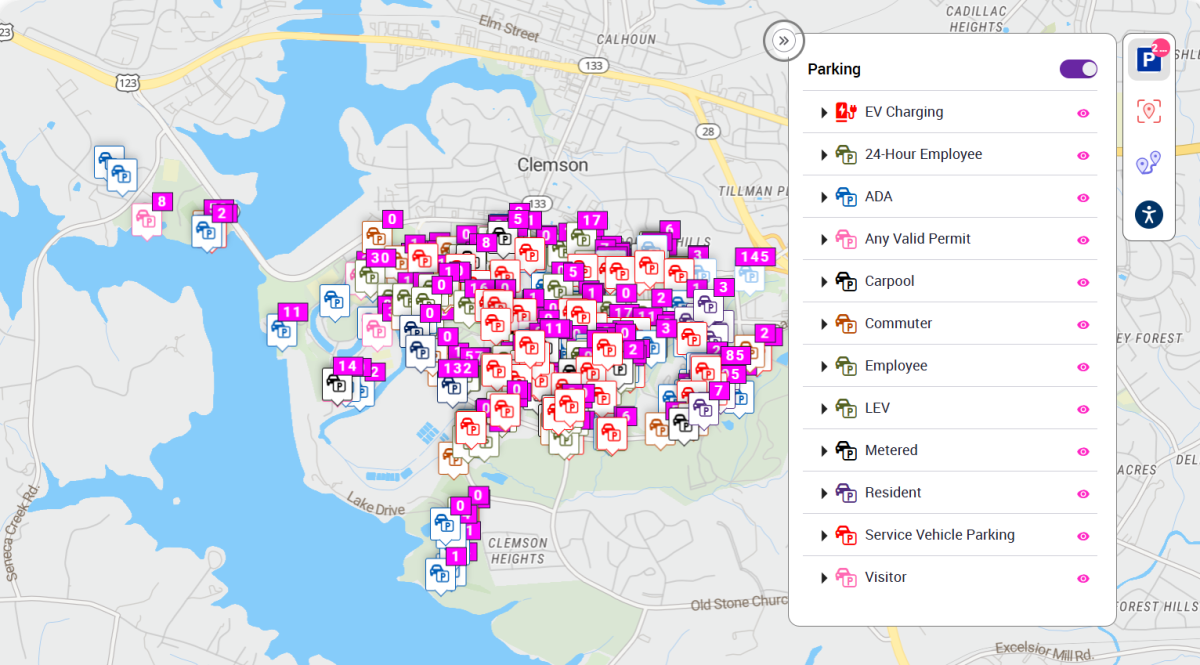The end of October at Clemson University marked many things such as the beginning of fall break and Halloween, but it also marked a small milestone for students fighting for resources for survivors of interpersonal violence. Amid students packing their cars and organizing Halloween plans, Dean of Students and Interim Vice President of Student Affairs Chris Miller sent an email to every student at Clemson University.
The email, among other things, gave details regarding a sit-in that had been taking place outside Sikes Hall for the past week and a half. Clemson Students for Survivors, a newly-created coalition, organized the sit-in and met several times with the Clemson administration to provide improved resources to survivors. Miller’s email briefly described those meetings and also announced the physical separation of the Title IX and the Interpersonal Violence Prevention offices — one of the coalition’s primary demands.
Within 90 minutes, Clemson President Jim Clements also sent an email, in which he spoke of how Clemson is “strengthening its processes to combat sexual violence and support survivors.” Following Clements’ email acknowledgement, Clemson Students for Survivors announced the end of their sit-in.
“Clemson Students for Survivors would like to thank everyone for all types of support that have been shown throughout this sit-in. President Clements has released a statement in response to our demands. While we are grateful, we still plan to meet with administration to ensure our demands are well executed,” the coalition said in the announcement over social media.
(Further information about the sit-in and its organizers can be found here.)
Though the sit-in has concluded and one of the five primary demands has been fulfilled, the coalition has made it clear that they are not halting their efforts. Through meetings and further communication with the administration, organizers will continue pushing for improved survivor resources.
“The statements released have not stopped our drive as a coalition,” said Madalyn Levitte, a sophomore nursing major and one of the organizers of the sit-in. “There is still a great deal of work to be done and we are eager to see promises from Clemson University administration come to fruition.”
While one such promise has now been made a reality, moving the Title IX coordinator’s office to Brackett Hall and away from the Interpersonal Violence Prevention coordinator’s office was a task nearly a year in the making. In December 2019, Associate Vice President of Strategic Communication Joe Galbraith stated that the separation would be “a matter of, I think, weeks, not months.”
According to Communications Director for Student Affairs Philip Sikes, the delay was a result of “significant unforeseen circumstances” and the COVID-19 pandemic.
“Both the Title IX Coordinator and Interpersonal Violence Prevention Coordinator continue to work remotely to this day,” Sikes said. “As outlined in Dr. Miller’s message to students, space has been dedicated to the Title IX coordinator in Brackett Hall as soon as she returns to campus.”
In the efforts to make other demands a reality, meetings continue to be held between Clemson Students for Survivors and the university administration. Moving forward, such meetings will occur at least once per semester, according to Sikes.
“Those meetings look like analyzing and discussing the university’s response to our official document and conversing through logistics of their responses as well,” Levitte said. “We are hoping that an official document will be released quickly as a way to ensure accountability when it comes to what is being said in our meetings.”
Sikes stated that various methods will be implemented to communicate policy or structure changes with the student body as a whole, including newsletters and notifications. Regarding a change that might be happening soon, Clemson Students for Survivors has one particular goal in mind.
“Our top priority is to see advocates hired through Clemson,” Levitte said.
While two interpersonal violence response coordinator positions were opened in February, the processing of the positions halted in March due to COVID-19. Clemson University has recently approved hiring one coordinator, and review of applications is currently in process.
“In addition, Counseling and Psychological Services (CAPS) will be adding a full-time master’s level professional whose work will include 50-percent dedication to advocacy, treatment modality, crisis intervention and emergency services for survivors of sexual assault and trauma,” Sikes said.
After over two years of conversation with university administration, further action is being taken at Clemson University for survivors. With one demand met and another on its way to being partially fulfilled, Clemson Students for Survivors continues to push for change as a way to strengthen the Clemson community as a whole.
“We know that COVID-19 has put a large strain on the university, but the safety and well-being of the Clemson Family is at hand,” Levitte said. “This is something that needs to happen to build the trust between survivors and administration.”



